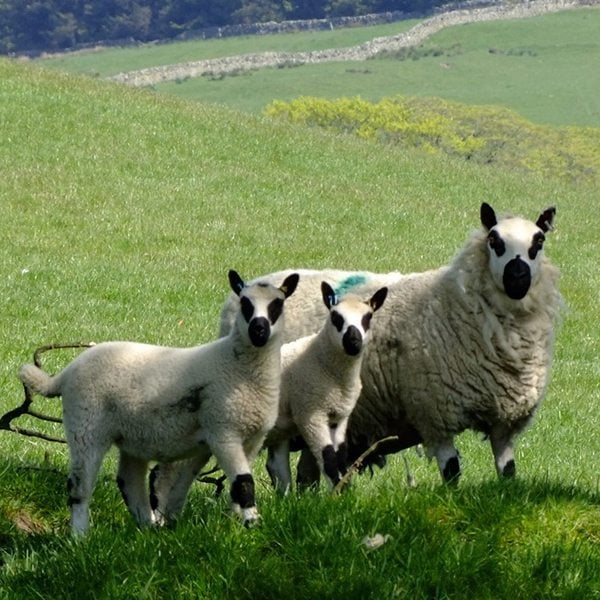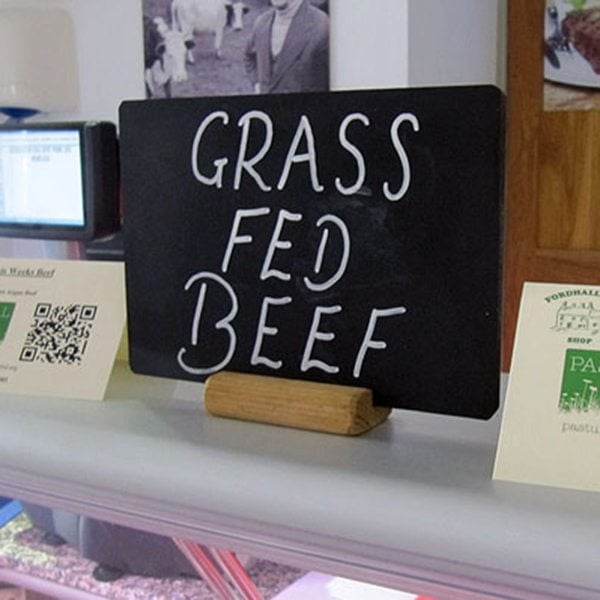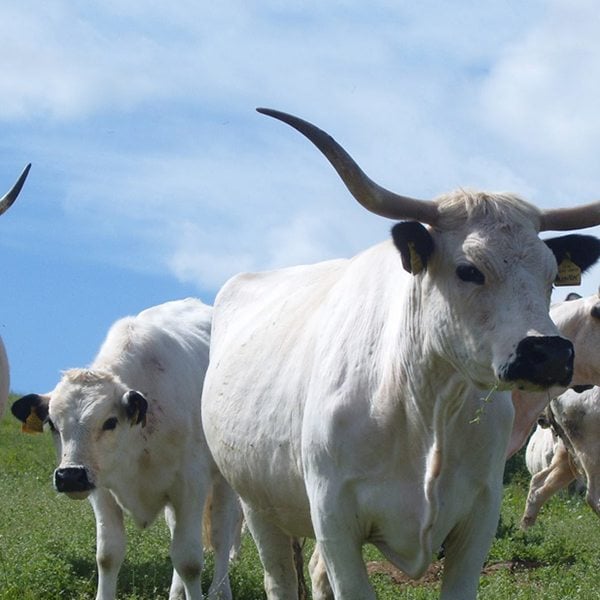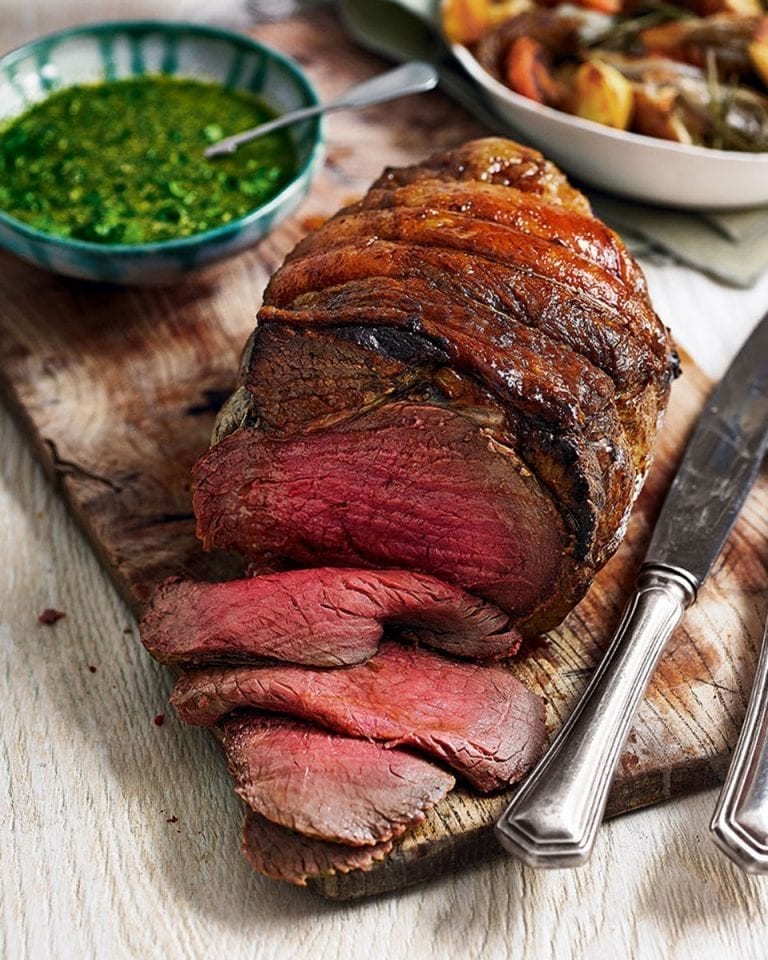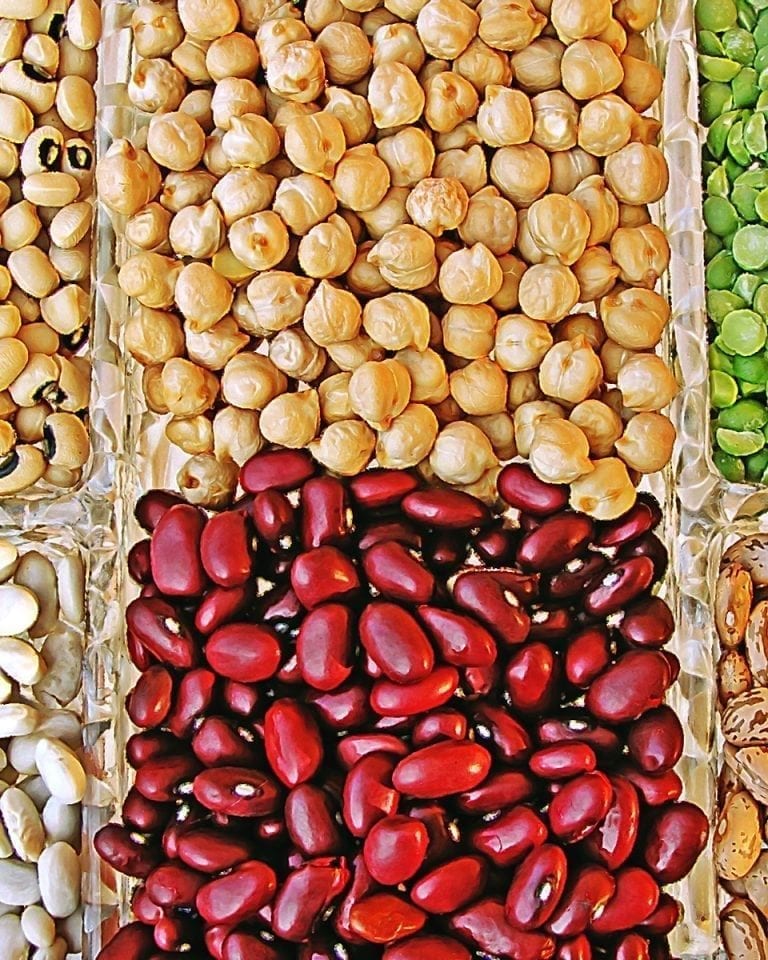It’s time to stand up for great British meat
Meat production in the UK is not the ill-health-causing eco-monster it’s made out to be, says Hattie Ellis.
Good meat is a vital part of the food chain and our food culture, and we must learn to cherish it.
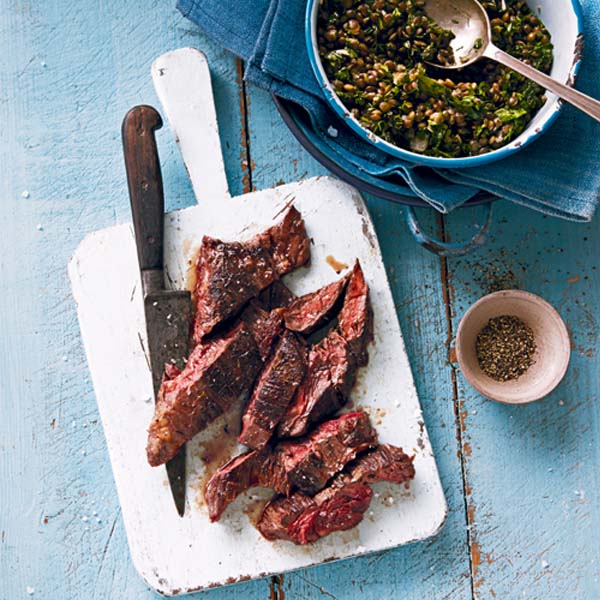
More and more Brits are turning vegetarian: there are now as many as 3 million. It’s good that people are being thoughtful about what they eat, and if they are rejecting meat because of the moral issue of eating another living being, fine. But if they’re eschewing it because they see meat production as cruel and a polluter of the planet, that makes me furious. Such misunderstandings about meat cause the devaluing of one of the most rich and skilful parts of Britain’s food culture.
Not all meat is ethically produced, of course. But over the last 30 years I’ve spoken to hundreds of farmers around the UK and my conclusion is that scale and place matter – and so does the type of farming. Britain’s climate has led to a tradition of pasture-fed animals. Our best meat feeds on grass and has a much smaller environmental footprint than the American intensivly farmed grain-fed beef behind the oft-quoted bad eco-stats about meat production: namely, that it takes 7kg grain to produce 1kg beef. And grass maintained for grazing helps trap large quantities of carbon – it’s a beneficial way of preserving the environment.
Good British livestock farming is world-class. Our farmers are skilled at tending their animals and graze them in a way that supports eco-agriculture such as mixed farming, where the manure fertilises the soil. The low-intensity grazing of cattle is a recognised aspect of ecology.
But the small-scale farmer is only one part of a high-welfare chain that includes the seller, the butcher. Good butchers are another of the prides of British food and worth supporting to keep their knowledge and care going. Buy your meat from a good butcher (you can find one at The Q Guild) and you support low-impact farming and good husbandry, as well as getting great meat and expert advice about cuts. Or, buy online from a farmer who is part of the certified pasture-fed livestock scheme (try Pasture for Life) and those who are part of the Rare Breeds Survival Trust. Support them or we’ll lose them.
By eating meat produced ethically, on a small scale, we’re supporting sustainable food production. Eating a good quality chop or a decent burger once in a while is better for the world and yourself than shovelling in mass-produced but meatless foods.
Being vegetarian or vegan doesn’t automatically make you an ethical eater, either. A lot of food supposedly produced for people who don’t eat meat pollutes the world with pesticides, herbicides and plastics, and depletes scant water resources. Think of the eco-issues with soy beans, palm oil, almond production in California and avocados in Mexico. Mass-produced veggie burgers and almond milk are not necessarily good for the planet.
Aside from the ecological arguments, many people are rejecting meat because they wrongly see it as unhealthy. The nutritional benefits of meat have been appreciated for millennia; they’re part of what helped us evolve into humans in the first place. The fats in meat are recognised as good for us once again. The underlying cause of the current obesity epidemic is our over-consumption not of meat, but of highly processed carbohydrates.
Meat is special. Let’s keep it special and support the native breeds, small-scale farmers, well run abattoirs and butchers who provide high-quality farming and meat and keep our land green and pleasant.
Do you think Hattie has a valid point, or do you take a different view? Let us know in the comments.
Subscribe to our magazine
Food stories, skills and tested recipes, straight to your door... Enjoy 5 issues for just £5 with our special introductory offer.
Subscribe
Unleash your inner chef
Looking for inspiration? Receive the latest recipes with our newsletter
